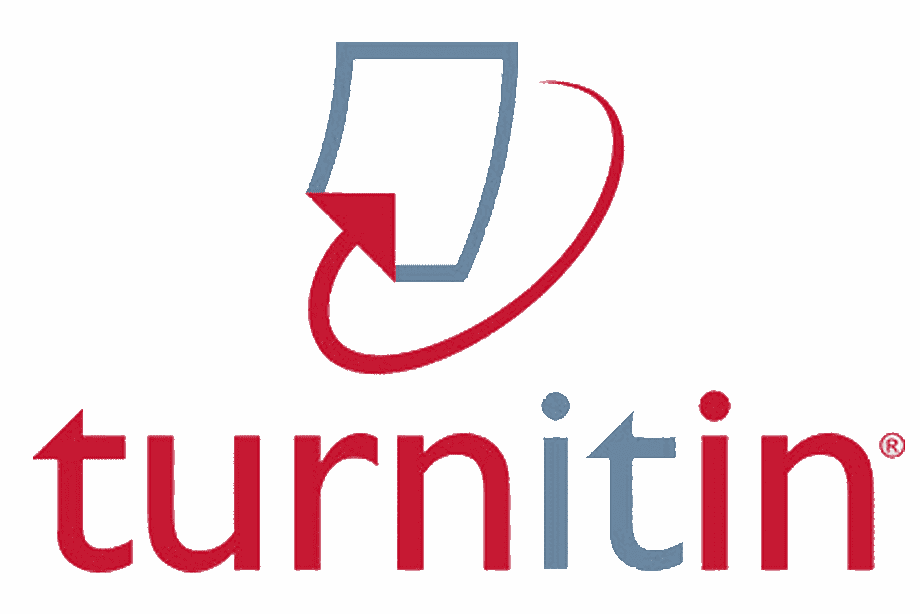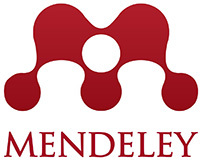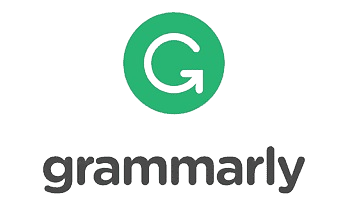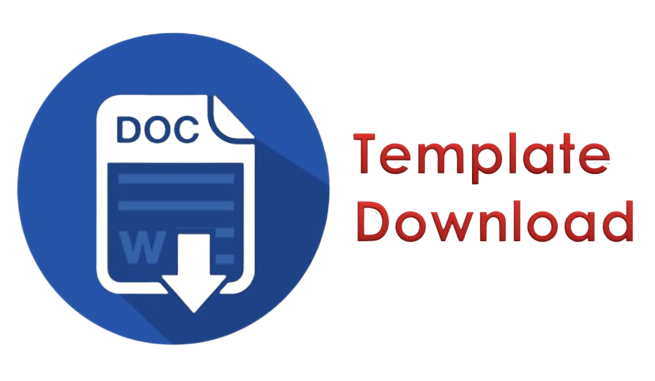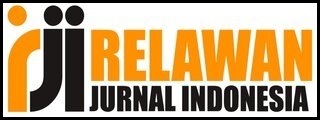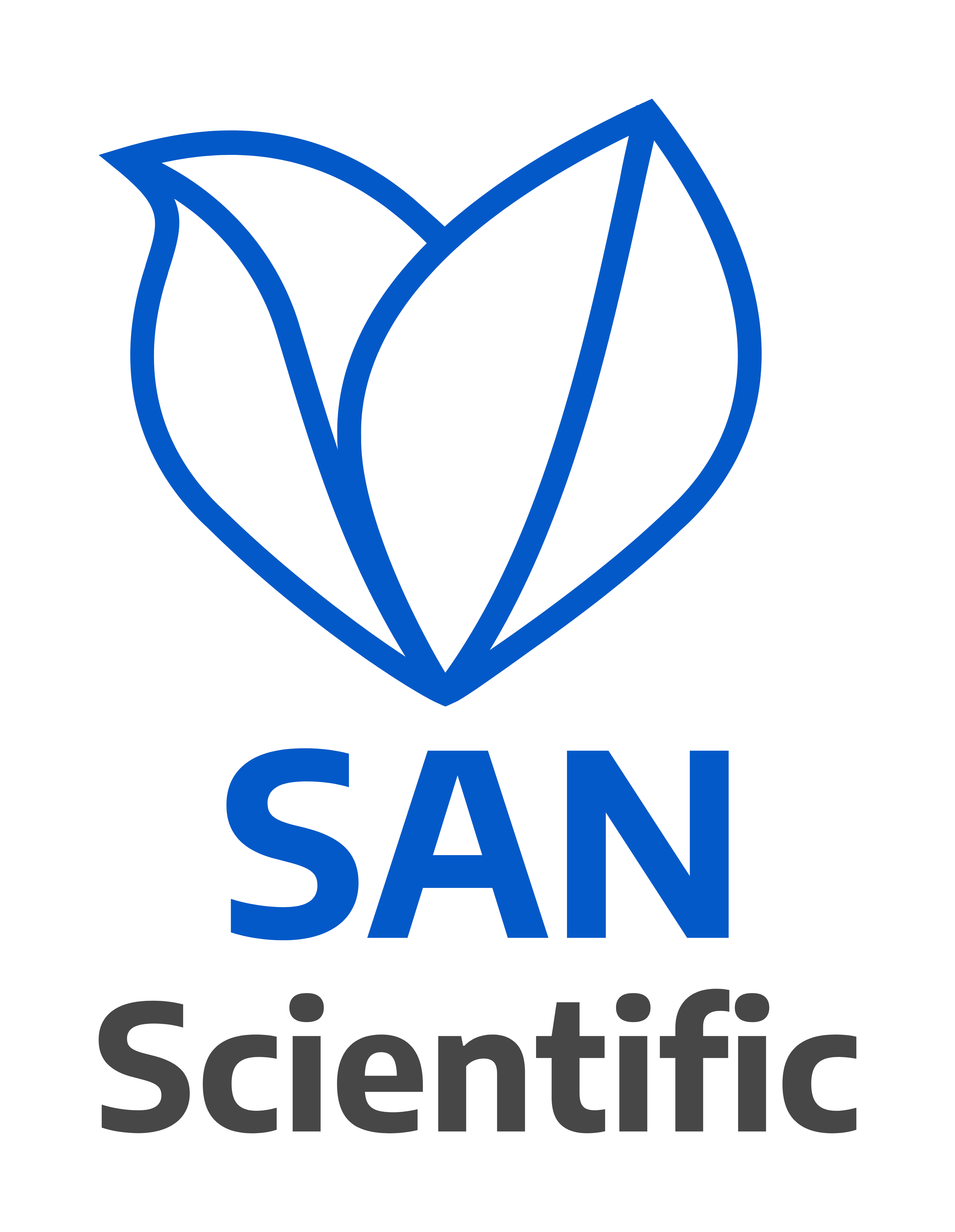Strengthening MSME Performance: The Role of Entrepreneurial Orientation and Business Models in Micro Wakaf Bank PKP
DOI:
https://doi.org/10.58777/rie.v2i2.383Keywords:
Entrepreneurial Orientation, Business Model, MSME PerformanceAbstract
This research aims to determine to analyze the effect of entrepreneurial orientation on the performance of MSMEs on customers of the Pondok Karya Pembangunan Micro Waqf Bank (PKP) and to analyze the effect of the Business Model on the performance of MSMEs on customers of the Micro Waqaf Bank Pondok Karya Pembangunan (PKP) Development Work. The population of this study was 100 customers of the PKP Micro Waqf Bank. Sample selection through non-probability sampling method with purposive sampling technique. The results of this study indicate that Entrepreneurial Orientation and Business Model have a positive and significant influence on MSME Performance on customers of the Pondok Karya Pembangunan Micro Waqf Bank (PKP). The managerial implications of this study emphasize the need for Micro Wakaf Bank Pondok Karya Pembangunan (PKP) to enhance entrepreneurial orientation and optimize business models among its UMKM customers. By fostering innovation, proactive risk-taking, and competitive aggressiveness, the bank can empower UMKM to adapt to market dynamics effectively. Simultaneously, developing flexible and customer-centric business models can improve operational efficiency and market responsiveness. These strategies not only drive better performance outcomes for UMKM but also strengthen the bank's role as a facilitator of sustainable economic growth in the community.
References
Amini, S., & Ismail. (2021). Micro waqf bank book: A study of the analysis of the role and challenges in empowering the people's economy (Merdeka Kreasi group).
Bank Indonesia. (2023). DKI Jakarta provincial economic report.
Bisma. (2023). Understanding the definition, parts, and types of business models. Bhinneka blog.
BPS Jakarta. (2022). Number and percentage of DKI Jakarta provincial minimum wage by district/city 2022. DKI Jakarta Central Statistics Agency.
BWM PKP. (2024). Islamic microfinance institutions (LKMS) micro waqf bank PKP DKI Jakarta. lkms-bwm pkp dki jakarta.
Dasuki, RE (2021). Coopetition: Study of resource-based view theory. Scientific journal of strategic management
Financial Services Authority. (2021). Financial institution statistics book; LKM statistics; LKM directory. Financial Services Authority.
Ghozali, I., & Latan, hengky. (2017). Partial least squares: concepts, techniques and applications of Smartpls 2.0 M3. for empirical research.
Hair et al. (2020). Multivariate data analysis. Seventh edition, New Jersey: Pearson Prentice Hall Education Inc.
Hardani MSi, A., Ustiawaty, J., & Juliana Sukmana, D. (2020). Qualitative & quantitative research methods book. Science librar:1st edition.
Hasbolah, F., Rosli, MH, Johor, C., Segamat, K., Hamzah, MH, Selangor, U., Alam, S., Siti, M., Omar, A., Abul, M., & Bhuiyan, B. (2021). The digital accounting entrepreneurship competency for sustainable performance of the rural micro, small and medium enterprises (MSMEs): an empirical review. International journal of small and medium enterprises.
Mahmudova, L., & Kovács, J. K. (2019). Defining the performance of small and medium enterprises. Network intelligence studies,12(2), 111–120.
Maulana, MA (2021). The influence of environmental dynamism, dynamic capabilities, and financial literacy on the performance of MSMEs in Mojokerto City. Journal of Management Science,9(2).
Ministry of Cooperatives and SMEs. (2020). Publication of UMKM data. Ministry of Cooperatives and SMEs.
Nizam, M., Mufidah, E., & Fibriyani, V. (2020). The influence of entrepreneurial orientation, product innovation and competitive advantage on UMKM marketing. Journal of ema-ekonomi management accounting, 5(2), 100–109. https://doi.org/10.47335/ema.v5i2.55
Octavio, Y., & Kurniawan Tjakrawala, FX (2022). The influence of business model innovation, erm on the performance of MSMEs with competitive advantage as a mediator.
PPKUKM Service. (2022). Open data and analysis release PPKUKM di Jakarta. Industry trade cooperatives, small and medium enterprises.
Rahmadi, AN, Jauhari, T., & Dewandaru, B. (2020). The influence of market orientation, innovation and entrepreneurial orientation on competitive advantage in SMEs. Journal of economics, analysis, prediction and information, 21(2).
Ritonga, M., Arita, S., Delfiani, S., & Sofia, N. (2023). The influence of entrepreneurial orientation, financial literacy, and competitive advantage on the performance of Family Business SMEs. Ecogen Journal, 6(3), 400. https://doi.org/10.24036/jmpe.v6i3.15075
Santana, M., Adiyadnya, P., Ayu, I., & Yuliastuti, N. (2020). The effectiveness of the people's business credit program on the income of UMKM traders in North Denpasar District. Scientific magazine solutions, 18(3). https://journals.usm.ac.id/index.php/solusi
Sugiyono. (2019). Quantitative, qualitative and R & D research methods: (Monograph). Alphabet.
Suwarsi, S., Frendika, R., & Setiyawan, S. (2021). The mediating role of business value and organizational performance. Turkish journal of computer and mathematics education. 12(14).
Venny, & Trio Febriyantoro, M. (2020). Sustainable entrepreneurial orientation and competitive advantage on business performance: a study on MSMEs in Batam City. 15(2).
Downloads
Published
How to Cite
Issue
Section
Copyright (c) 2025 Shaqyna Ratu Nurinda, Syahrul Effendi, Preztika Ayu Ardheta

This work is licensed under a CC Attribution-ShareAlike 4.0
 Views: 150
|
Views: 150
|
 Downloaded: 92
Downloaded: 92



